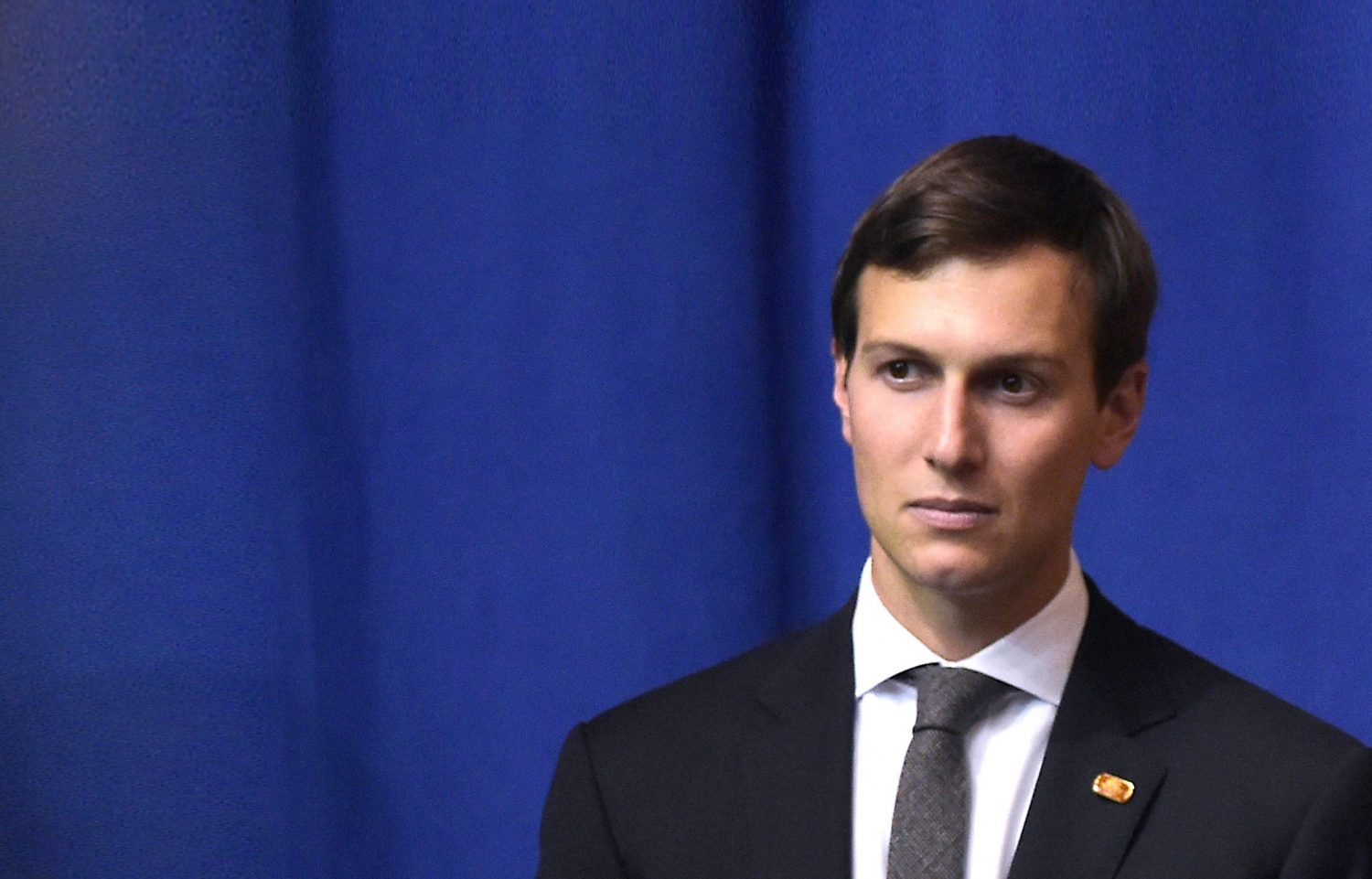WASHINGTON, (Reuters) – President Donald Trump’s son-in-law and senior White House adviser Jared Kushner said today that he “did not collude” with Russia and had roughly four meetings with Russian officials during the 2016 campaign and presidential transition.
In a written statement released ahead of his appearance before lawmakers in closed-door sessions, Kushner said his initial security clearance form had been submitted prematurely in error and had omitted all foreign contacts.
“I did not collude, nor know of anyone else in the campaign who colluded, with any foreign government,” Kushner said.
“I had no improper contacts. I have not relied on Russian funds to finance my business activities in the private sector,” he said.

Kushner faces two days of closed-door questioning from Congress this week as lawmakers try to determine whether Trump’s campaign enlisted Russia’s help to win the White House in last year’s election.
He is expected to face questions about his contacts with Russian citizens and officials when he testifies before the Senate Intelligence Committee on Monday and the House of Representatives Intelligence Committee on Tuesday.
Trump has been dogged by allegations that his campaign aides worked with Russia, which U.S. intelligence agencies have accused of interfering in the election. Moscow has denied any interference, and Trump says his campaign did not collude with Russia.
Trump’s son Donald Trump Jr. released emails this month that showed he appeared to welcome the prospect of damaging information from the Russian government about Trump’s Democratic rival, Hillary Clinton.
Members of both committees say they are eager to hear about the June 2016 meeting involving Russian lawyer Natalia Veselnitskaya. Trump’s son, Kushner and former Trump campaign manager Paul Manafort all participated in the meeting.
Kushner described the meeting as a waste of time.
“I actually emailed an assistant from the meeting after I had been there for ten or so minutes and wrote ‘Can u pls call me on my cell? Need excuse to get out of meeting’.”
Another congressional panel, the Senate Judiciary Committee, is negotiating with Manafort and Trump Jr. about testifying in a public hearing.
Kushner will also face questions about reports he tried to set up a secret back channel to Moscow, as well as other contacts with top Russian officials and business leaders during the presidential campaign and the transition period before he took office.
Kushner said he first met Russian Ambassador Sergey Kislyak in Washington in April 2016 and shook hands. He said he did not recall phone calls with Kislyak between April and November of that year as reported by Reuters, had not found evidence of the calls in phone records and was skeptical they took place.
In a meeting with Kislyak after the election, on Dec. 1, Kushner said he articulated a desire for the United States to have a fresh start with Russia.
“The fact that I was asking about ways to start a dialogue after election day should of course be viewed as strong evidence that I was not aware of one that existed before election day,” he said.
Kushner did not initially disclose any meetings with Russians on forms he filed to get a government security clearance. He has since revised those forms several times.
Kushner said the form was initially submitted prematurely in error and omitted all foreign contacts he had had, not just those with Russian officials.
Trump says the investigations in Congress and the Justice Department are politically motivated.
“As the phony Russian Witch Hunt continues, two groups are laughing at this excuse for a lost election taking hold, Democrats and Russians!” the president wrote on Twitter on Sunday.

